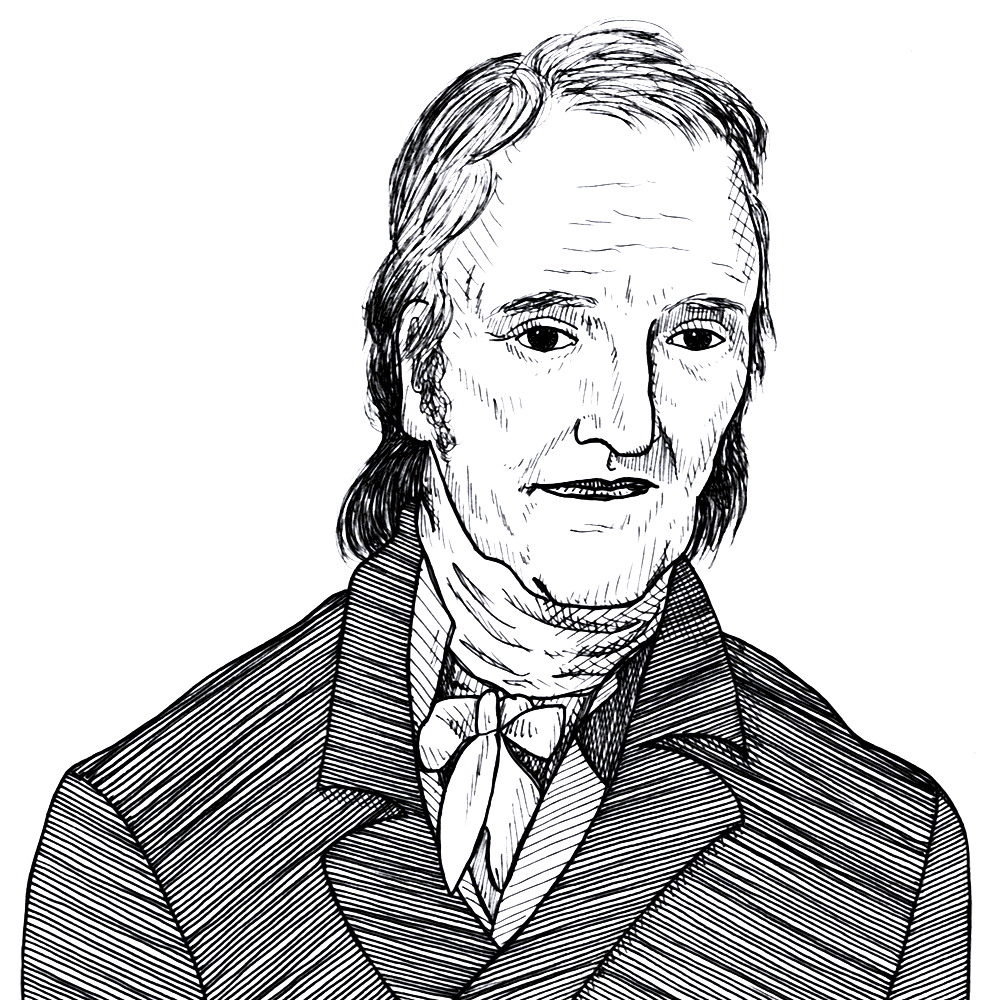
William Findley wants to maintain the separation of church and state and therefore sees no role for the “ecclesiastical branch” in government (1812)
Found in: Observations on “The Two Sons of Oil” (LF ed.)
William Findley, in his Observations on “The Two Sons of Oil” (1812), defends the American Constitution and the separation of church and state against those who wanted the church to have a role in legislation:
Religion & Toleration
All who are acquainted with the nature of government, must at once see the absurdity of considering civil government, and the government of the church of Christ, as different branches of the same government. In all free governments, the governing power is separated into different departments or branches, such as, the legislative, the executive, and the judiciary. These three being exercised by one person, or by one body of men, is, in the opinion of the celebrated Montesquieu, the definition of tyranny…. Now, I enquire, what place or department, in this machine of government, has he left for the ecclesiastical branch, wherein to operate? It could not act in passing laws—that belongs to the legislature. It could not execute laws—that belongs to the executive. It cannot be employed in applying the law to cases as they arise—this belongs to the judiciary. Ecclesiastical government, as instituted in national churches, by human authority, is in so far, the ordinance of man; but few of these governments give that branch much share even in its own government.